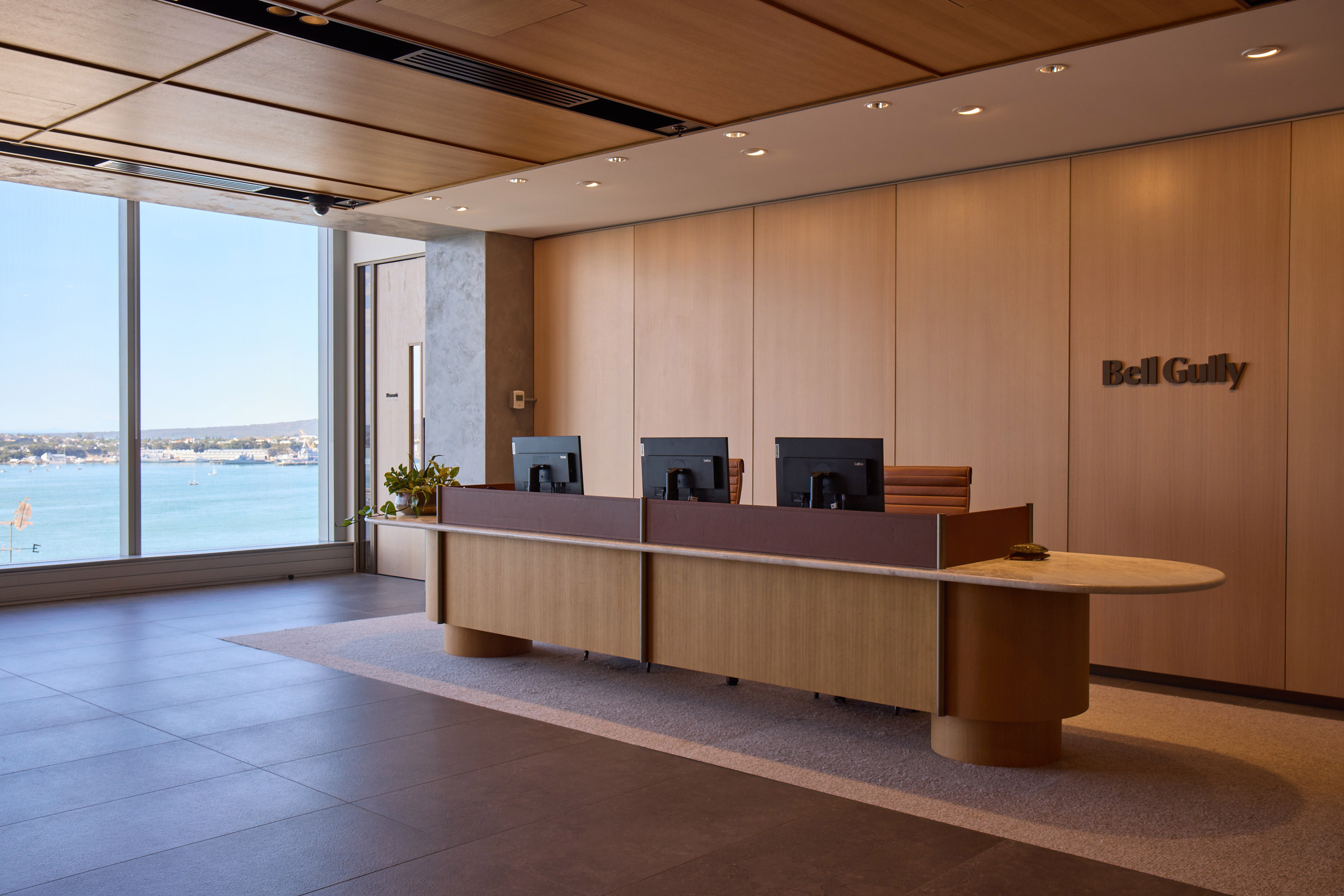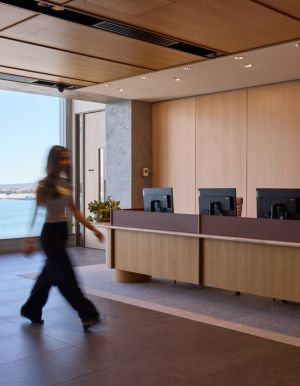Global law firm Ashurst and leading New Zealand law firm Bell Gully have advised Greater Wellington Regional Council on its contract for the first fleet of battery-electric trains in the Southern Hemisphere.
After a worldwide procurement process, Greater Wellington has entered into a Design, Build and Maintenance contract with Alstom, a global leader in sustainable rail transportation, as part of the Lower North Island Rail Integrated Mobility (LNIRIM) programme. LNIRIM is a joint programme between the Government, Greater Wellington and Horizons regional councils, NZTA and KiwiRail to acquire a fleet of 18 trains and associated infrastructure for the Wairarapa and Manawatū rail lines.
Alstom has been awarded a $1,066m (NZD) 35-year contract, which includes the construction of 18 five-car battery electric multiple unit (BEMU) trains for the lower North Island. The fleet is co-funded by Greater Wellington and Horizons regional councils and the Government, and the procurement was managed by Greater Wellington, supported by WSP.
Ashurst Projects and Energy Transition Partner, Alex Guy, said: "We are honoured to have been part of the team assisting Greater Wellington with this important project, which will deliver major benefits to the region, contributing towards decarbonisation goals , supporting regional growth and substantially increasing services on the Manawatū and Wairarapa lines.”
Ashurst’s Australia-based team included Guy, as well as Lillian Yeung (lead counsel), Kim Broadbent (consultant), Eloise Moore (senior associate), Matt Smethurst, Prashana Coomarasamy, Szimonetta Budai and Jeanina Wu (associates).
Bell Gully Projects Partners Angela Harford and Mathew Brown advised on New Zealand law aspects of the contract and are continuing to support Greater Wellington on wider aspects of the LNIRIM programme, supported by senior associate Philip Zander. “As a team based in Wellington we are delighted to support our long-standing client Greater Wellington with the delivery of new low-emission trains, which is truly market leading transport infrastructure in Aotearoa and will have significant connectivity benefits for our regions,” said Harford.
The train fleet will be named ‘Tūhono’, meaning connect or unite. The trains will replace carriages soon to reach the end of their working lives, and the fleet is expected to double peak time services on the Manawatū and Wairarapa rail lines from 2030.
For further details on the project see Greater Wellington’s press release here.
Disclaimer: This publication is necessarily brief and general in nature. You should seek professional advice before taking any action in relation to the matters dealt with in this publication.











